
Understanding Molar Teething: Symptoms, Duration, and Remedies
What is Molar Teething? Molar teething is when your child’s molars, the big teeth at the back of the mouth, start coming in. This can
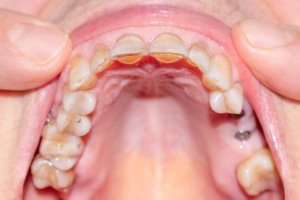
Exposed Dentin: Prevention and Treatment
In the world of dentistry, one of the most commonly encountered issues is exposed dentin. It’s a problem that affects millions of people worldwide, yet

What are the Best Teeth Whitening Methods?
A dazzling smile is a universal symbol of confidence and vitality. But over time, your teeth may lose their natural whiteness due to factors such
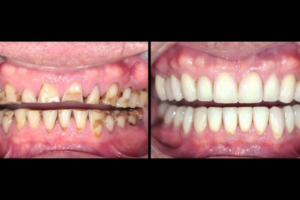
Addressing Multiple Dental Issues: The Role of Full Mouth Restorations
Have you ever looked in the mirror and thought: ‘Maybe my smile could benefit from a rejuvenation? Enhancing your smile can be beneficial for more
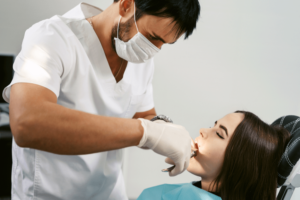
Tooth Extractions in Orthodontics: Enhancing Alignment for a Straighter Smile
Achieving a perfect, straight smile is a common goal for individuals undergoing orthodontic treatment. While braces and aligners play a vital role in directing teeth
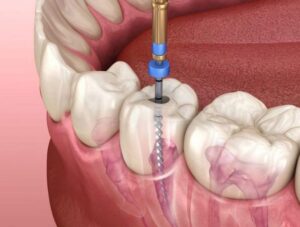
How to Take Care of Your Teeth After a Root Canal?
Caring for your teeth post-root canal is vital to securing effective healing and sustained oral well-being. A root canal, aimed at salvaging significantly damaged or
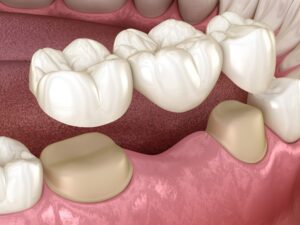
Dental Bridges: Your Comprehensive Guide
Ever wondered how they contribute to preventing misalignment issues and enhancing daily life? A Widespread Concern: Why Should I Take It Seriously? Did you know
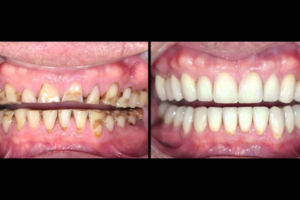
Enhance Your Confidence with Full Mouth Restoration Procedures
Do you want to learn more about what a full mouth reconstruction entails? When faced with numerous irregularities in gum and tooth health, it often
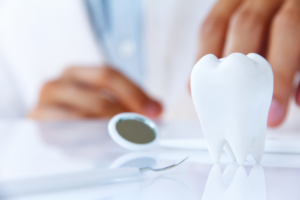
The Recovery Process Following a Root Canal
Root canal therapy in Courtenay may appear frightening, yet it can be necessary to save a severely damaged or infected tooth. After the procedure, the
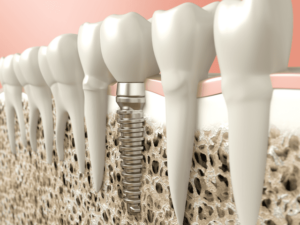
Dental Implants Can Help You Regain Your Confidence and Smile
If you are missing one or more teeth, you may feel self-conscious about your smile. But you don’t have to feel that way forever, though!

How Prevalent Are Teenage Cavities Really?
Dear Doctors: We have a family health situation going on, and it’s all about teeth. Our 15-year-old son has never been what would term an

Understanding Molar Teething: Symptoms, Duration, and Remedies
What is Molar Teething? Molar teething is when your child’s molars, the big teeth at the back of the mouth, start coming in. This can

Exposed Dentin: Prevention and Treatment
In the world of dentistry, one of the most commonly encountered issues is exposed dentin. It’s a problem that affects millions of people worldwide, yet

What are the Best Teeth Whitening Methods?
A dazzling smile is a universal symbol of confidence and vitality. But over time, your teeth may lose their natural whiteness due to factors such

Addressing Multiple Dental Issues: The Role of Full Mouth Restorations
Have you ever looked in the mirror and thought: ‘Maybe my smile could benefit from a rejuvenation? Enhancing your smile can be beneficial for more

Tooth Extractions in Orthodontics: Enhancing Alignment for a Straighter Smile
Achieving a perfect, straight smile is a common goal for individuals undergoing orthodontic treatment. While braces and aligners play a vital role in directing teeth

How to Take Care of Your Teeth After a Root Canal?
Caring for your teeth post-root canal is vital to securing effective healing and sustained oral well-being. A root canal, aimed at salvaging significantly damaged or

Dental Bridges: Your Comprehensive Guide
Ever wondered how they contribute to preventing misalignment issues and enhancing daily life? A Widespread Concern: Why Should I Take It Seriously? Did you know

Enhance Your Confidence with Full Mouth Restoration Procedures
Do you want to learn more about what a full mouth reconstruction entails? When faced with numerous irregularities in gum and tooth health, it often

The Recovery Process Following a Root Canal
Root canal therapy in Courtenay may appear frightening, yet it can be necessary to save a severely damaged or infected tooth. After the procedure, the

Dental Implants Can Help You Regain Your Confidence and Smile
If you are missing one or more teeth, you may feel self-conscious about your smile. But you don’t have to feel that way forever, though!

How Prevalent Are Teenage Cavities Really?
Dear Doctors: We have a family health situation going on, and it’s all about teeth. Our 15-year-old son has never been what would term an

